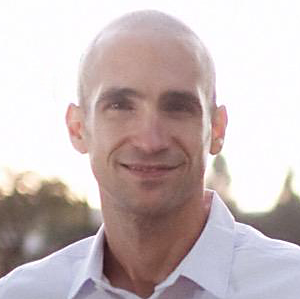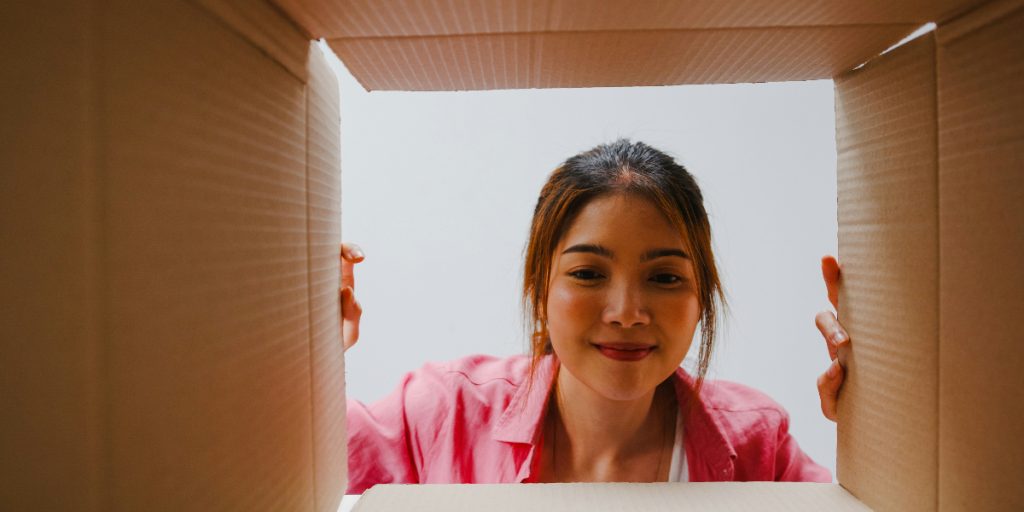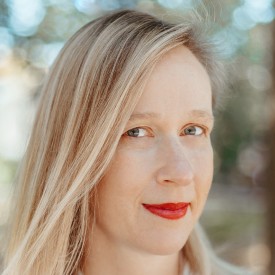Today’s top selling books are about how to acquire world-class skill. Daniel Coyle’s, The Talent Code looks at how deliberate practice is required to achieve greatness. Joshua Foer shows us how we must smash past performance plateaus to be any good. Worse, Tim Ferris’s 4-Hour series is doing for hipsters what crash diets do for teenage girls, making promises of quick transformations.
These authors’ methods work. Yet they are all dead wrong. They focus on techniques used by the very best in a field. But what about the other 99% of us? I bet your goals sound a lot more like, “I wish I could lose a few pounds” or “I’d like to save money”, rather than “I want to win the U.S Open” or “I wish I was a billionaire”.
But authors focus myopically on the techniques used by notable greats, because we all assume the great ones have discovered a secret, which if we only knew, would ensure our success as well. Implying you know this secret sells a lot of books. But there are no secrets, and what makes a Steve Jobs or a Michael Jordan is not going to help you lose that spare tire around your waste.
Instead of wishing you could “Be like Mike”, you need to focus on and enjoy the small everyday tasks in order to accomplish those long-standing stubborn goals such as “I need to exercise more.”
Trending: Navy SEAL Secrets for High Performance Under Pressure
In short, you need to become an amateur.
An amateur is a consistent practitioner of a healthful habit. The amateur practices a behavior because they enjoy it and it becomes part of their identity. Like a runner who can’t wait to hit the road or a vegetarian who prefers the taste of the food she eats, amateurs practice their behaviors for the love of the activity and require no willpower to make choices others see as difficult. Just imagine that. Amateurs gain pleasure by doing things others find difficult. What could you accomplish if you enjoyed doing the things you need to do, the things you know are good for you but you dread doing?
Unfortunately, you’ll never see a New York Times Bestseller titled, “How to Become an Amateur.” But in order to have the things we want in life, that’s exactly the methodology we need to learn.
Build habits, don’t break them.
First, I should mention that these techniques are for forming new habits, not breaking old ones. Next, recognize that there are two distinct modes for acquiring habits, an amateur mode and the expert mode. Becoming an amateur is about going from doing nothing, or very little, to forming a consistent behavior. Changing our behavior to consistently exercise, eat right, save money, or more fully enjoy time with our family, requires forming new habits, which over time give us what we want. In fact, even goals such as consistently exercising and eating right are too big for the budding amateur. You have to break them down into much smaller actions to form new habits.
In the graph below, I define the stages of acquiring skill over time.

Starting from a point of little skill, we reach a point where we make a decision to start on a journey. This initially sounds something like, “You know, I really need to workout more.” But this initial thought needs to be broken down into an easily achievable behavior if we are to become amateurs.
Trending: How to Make Menopause the Best Time of Your Life
We need to find a MEA, a Minimal Enjoyable Action.
A MEA is a behavior that’s so easy and enjoyable we do it virtually without effort, and most importantly, we can do it consistently. Our MEA as we begin the journey to a healthy lifestyle might be, “I’m going to walk for 3 minutes each day.”
In the process of regularly doing our MEA, we not only build skill but we strengthen our willpower. Studies have demonstrated that rewarding your brain with small “success experiences” builds willpower over time. Once the MEA turns into a habit, it allows for expansion into slightly more advanced behaviors, such as walking for a few minutes more or increasing the pace. Through consistent practice of the MEA, both skill and willpower are increased until doing what once seemed difficult, becomes easy. Soon, the amateur is running several miles per day, accomplishing his goal of living a more healthful life.
Over time, we reach what Foer calls the ok plateau, a stage where our skills don’t measurably improve but we continue to practice. For most of us, the ok plateau is better than ok, it’s just peachy. It’s here where we are exercising regularly, enjoying ourselves, and leading happier lives having formed new healthful habits.
Some people aren’t satisfied with being amateurs
So they make a decision to become experts. Most of us are already striving to become an expert in some aspect of our lives and I would propose that we can truly only become experts in one, maybe two fields. Becoming an expert requires deliberate practice, competition, and performance goals. It is here that teachers of expert methodologies such as Covey, Foer, and Coyle can be very helpful.

Trending: Microsoft, Google, and Beyond: What Business at the Cutting-Edge of AI Looks Like
It’s important to recognize the different techniques used in these two distinct modes of acquiring skill and recognize that doing them in the wrong order leads to failure. Relying on rigid goals and competition before you’ve established the skill and willpower needed to sustain it, will lead to burn out and self-loathing.
Instead of looking for fixes in best sellers, understand how to engineer your behavior by recognizing the methodology of becoming an amateur. As an amateur, you can ditch the need to push yourself to exhaustion and instead create habits that you do almost effortlessly. Consistently and enjoyably practicing these habits makes all the difference in a life well lived.
Here’s the gist:
- Forming new habits requires a unique set of techniques.
- Training to become an expert has a completely different methodology than becoming an amateur.
- Using the wrong technique will doom your good intentions.
A version of this post originally appeared on NirandFar.com, Nir Eyal‘s blog about the psychology of products. For more insights on using psychology to change customer behavior, join his free newsletter and receive a free workbook.






























